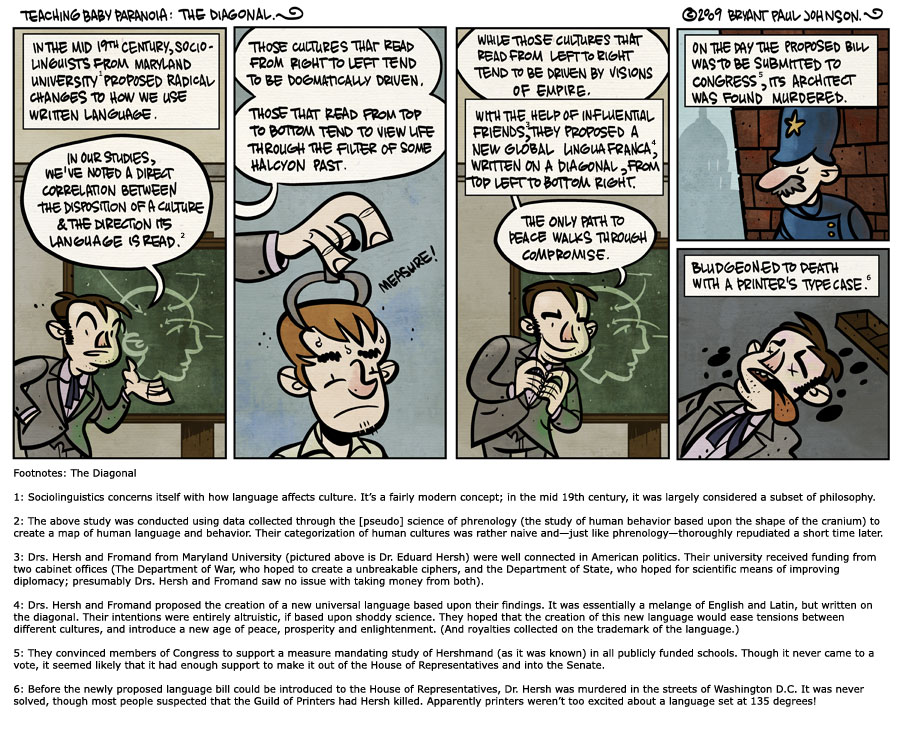American English pronunciation of Uyghur proper nouns
The discussion following my original post ("A Little Primer of Xinjiang Proper Nouns", 7/13/2009) has proven quite edifying, at least to me. One thing that I realized from the lively comments is that I forgot to give an indication of how the name Xinjiang itself should be pronounced. There's also the question of what sort of "pronouncers" or "respellings" to provide for speakers of American English who need to pronounce these names but cannot be expected to render them exactly the way a native speaker of Uyghur would.
I must preface the following remarks by stating that I'm probably not the best person to offer standard American English readings of these names because I'm a fluent speaker of Mandarin and know a bit of Uyghur. Consequently, when I want to say these words as an American would, I'm afraid that my Mandarin and my Uyghur get in the way. Still, I will make an honest effort to separate the three modes and offer useful guides for speakers of American English.
Read the rest of this entry »

 I've observed from time to time, half-seriously, that the ambiguity of plural noun-phrase comparison ("women have better hearing than men") causes — as well as results from — the tendency to interpret small group differences as essential group characteristics (e.g. "
I've observed from time to time, half-seriously, that the ambiguity of plural noun-phrase comparison ("women have better hearing than men") causes — as well as results from — the tendency to interpret small group differences as essential group characteristics (e.g. "